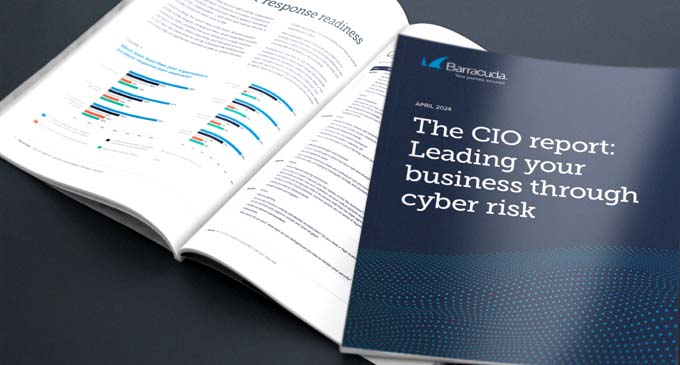Export Risk Monitor 2018: Positive mood despite continuing risks
The "Export Risk Monitor 2018" reveals a positive mood among Swiss entrepreneurs, although concerns are rising in view of the ongoing currency risk, protectionism debates and gaps in risk management. This is confirmed by the new study conducted by the Bern University of Applied Sciences on behalf of Euler Hermes.
|
| Export Risk Monitor 2018 fundamentally reveals a positive mood. For the fourth time, the global market leader in credit insurance, Euler Hermes, and the Bern University of Applied Sciences in Switzerland have analysed all export risks in depth and asked around 300 companies about their hedging measures. The most important sub-areas of the risk assessments in the "Export Risk Monitor 2018" are presented below: No all-clear: currency risk still feared The spectre of protectionism Need to catch up in risk management Insufficient measures against cyber risks Sentiment and exports still on the upswing Swiss economy records solid growth
|










